Abstract
Intestinal failure (IF) is characterized by a decline in intestinal function that impairs the absorption of essential macronutrients, fluids, and electrolytes, necessitating parenteral or enteral nutritional support to sustain normal physiology and growth. Although advancements in diagnostic techniques and therapeutic approaches have reduced the prevalence of short bowel syndrome in inflammatory bowel disease (IBD), IBD remains a leading benign cause of chronic intestinal insufficiency. The management of these conditions—incorporating nutritional, pharmacological, and surgical strategies—is tailored to the specific anatomical and functional impairments of the intestine. A multidisciplinary approach, including supplementation with essential vitamins, minerals, and trace elements, is crucial for maintaining physiological stability. Total parenteral nutrition (TPN) and enteral nutrition should be administered under optimal conditions to carefully selected patients. However, intestinal transplantation has yet to achieve significant success rates in current clinical practice.

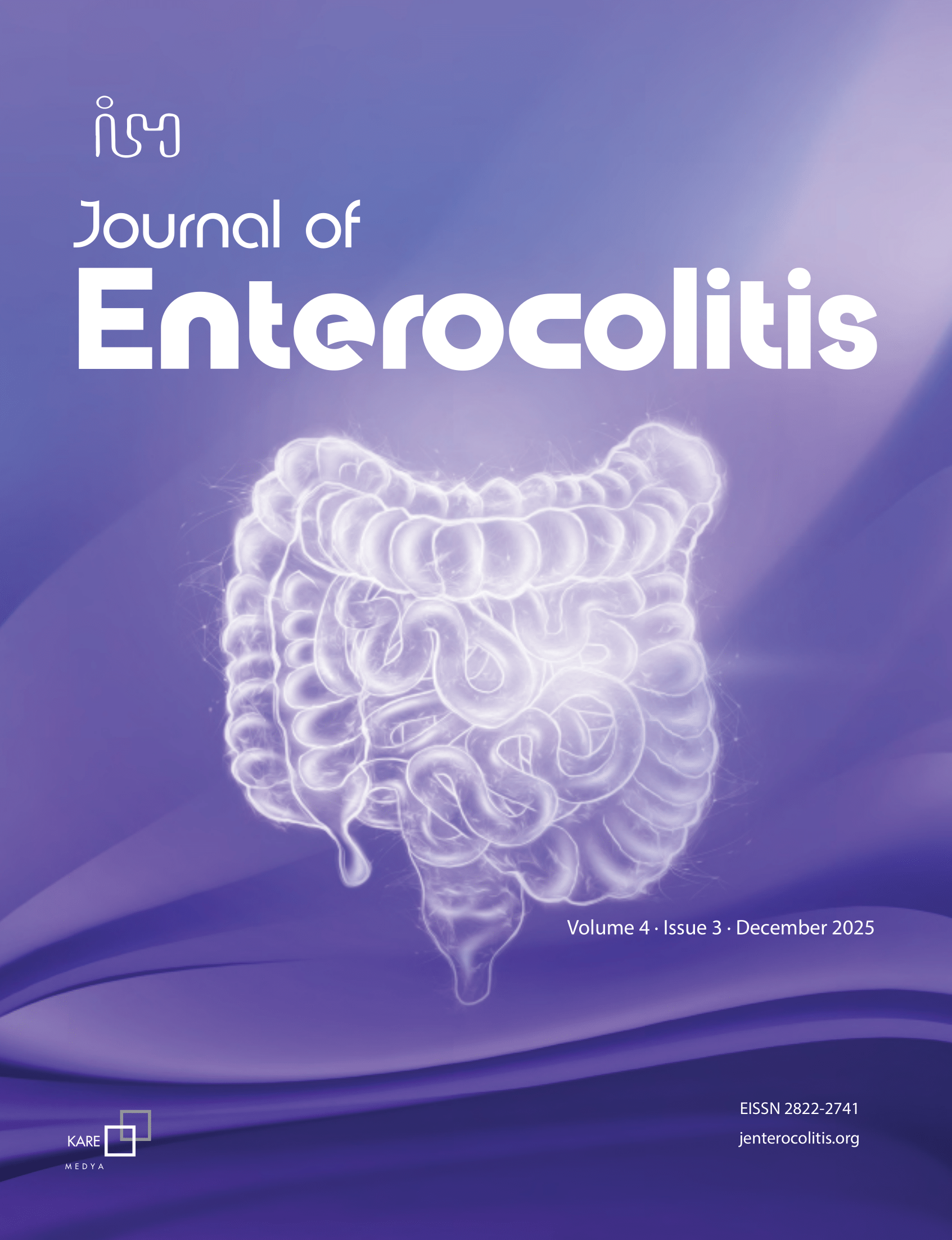
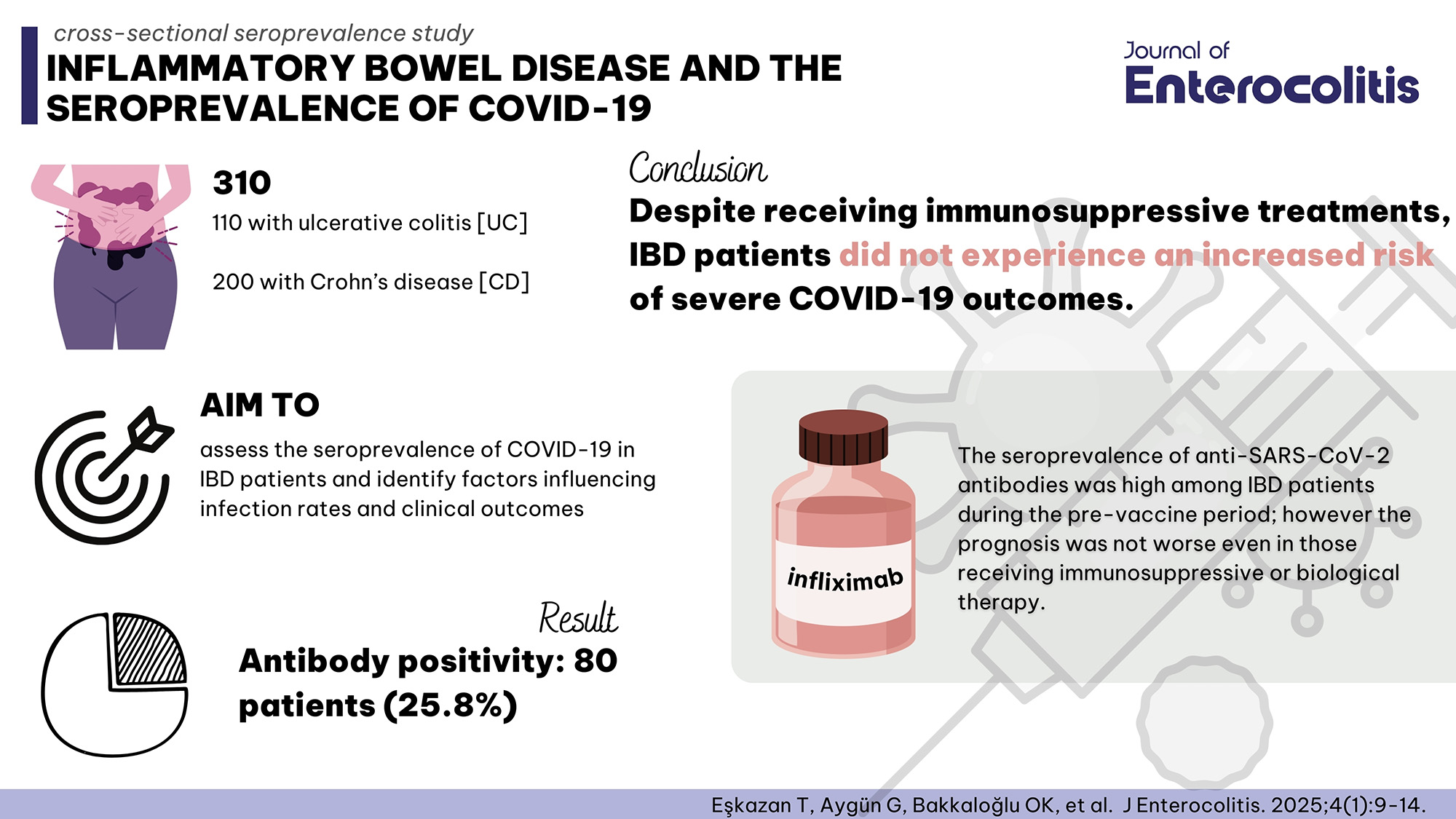

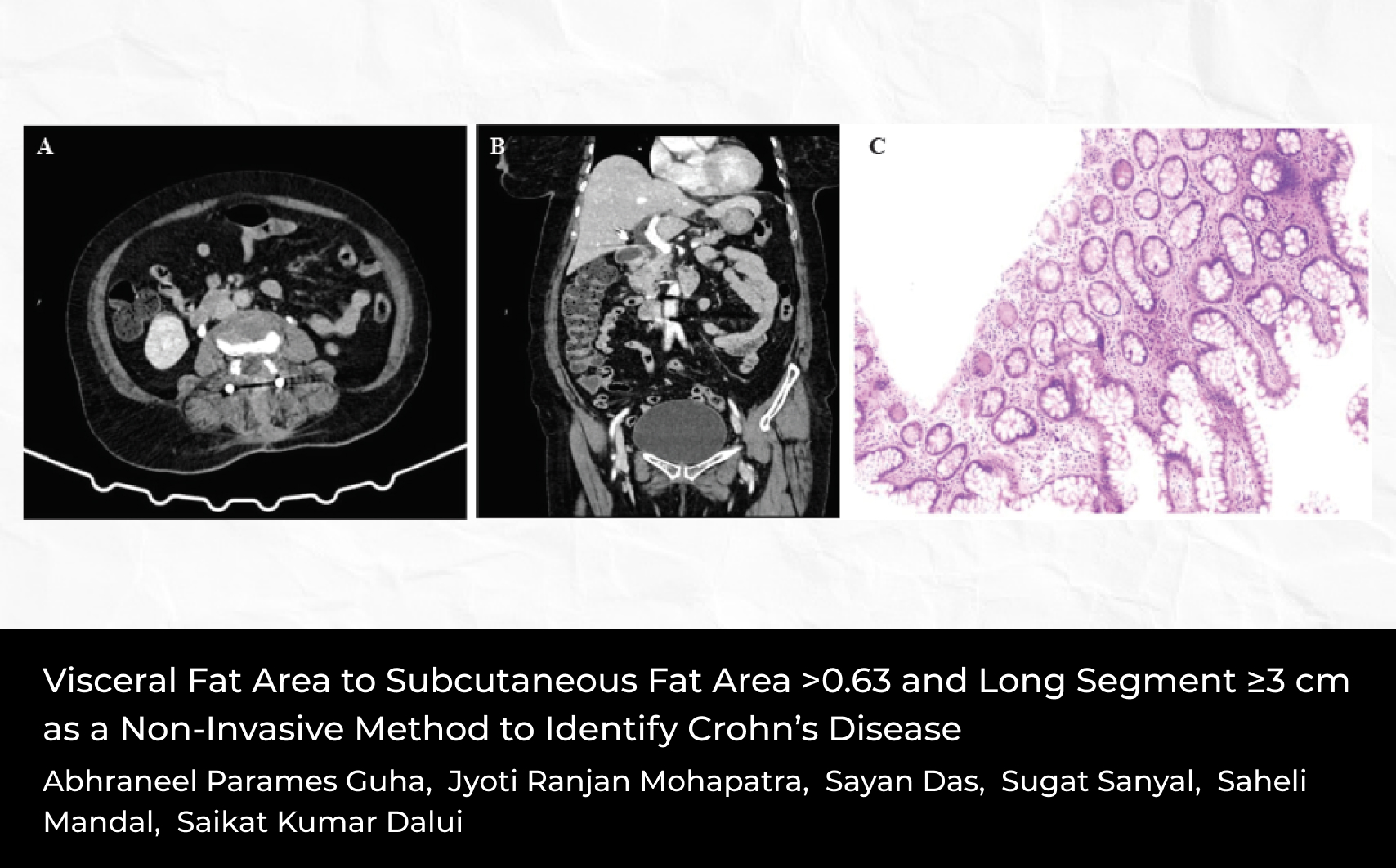
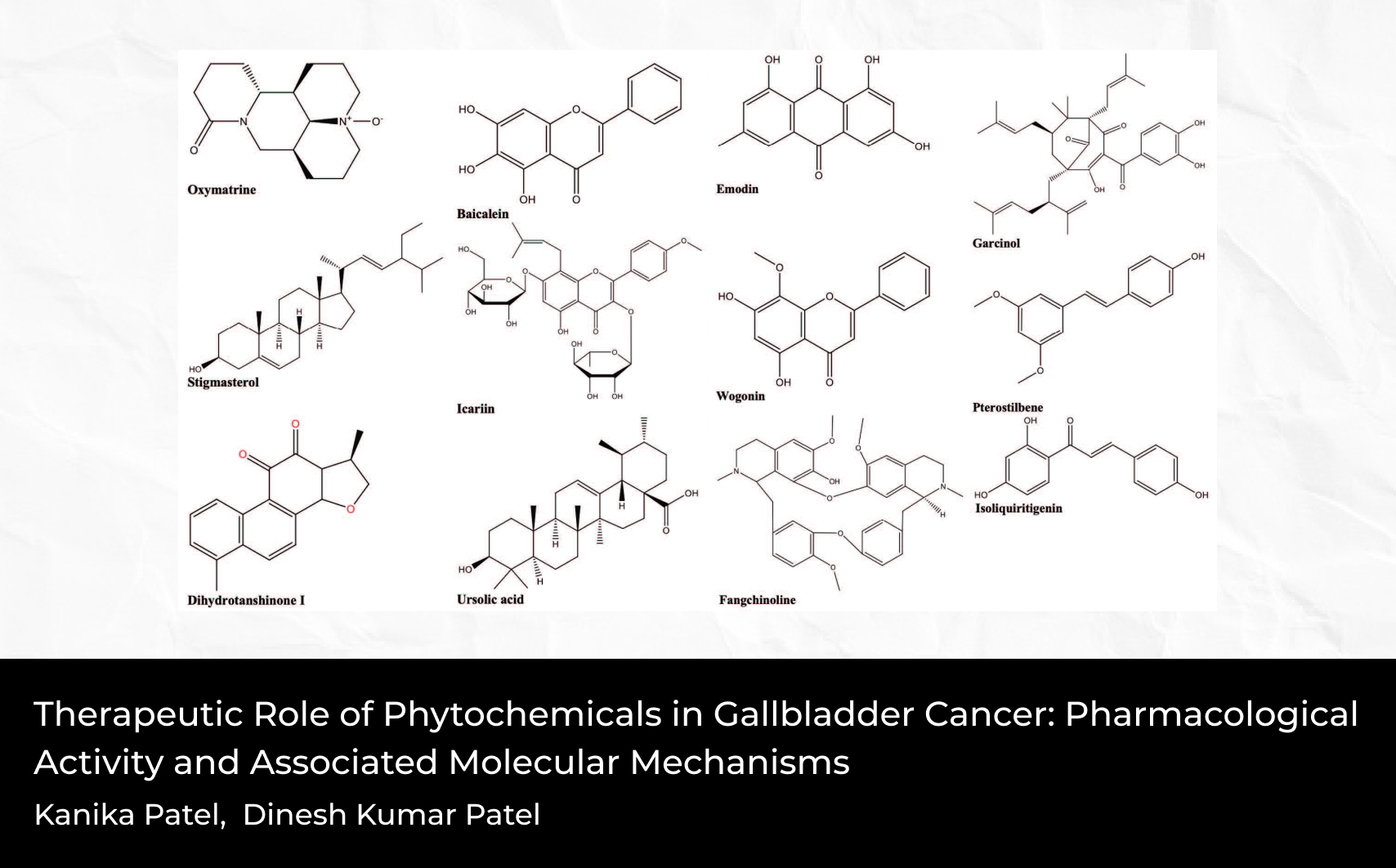
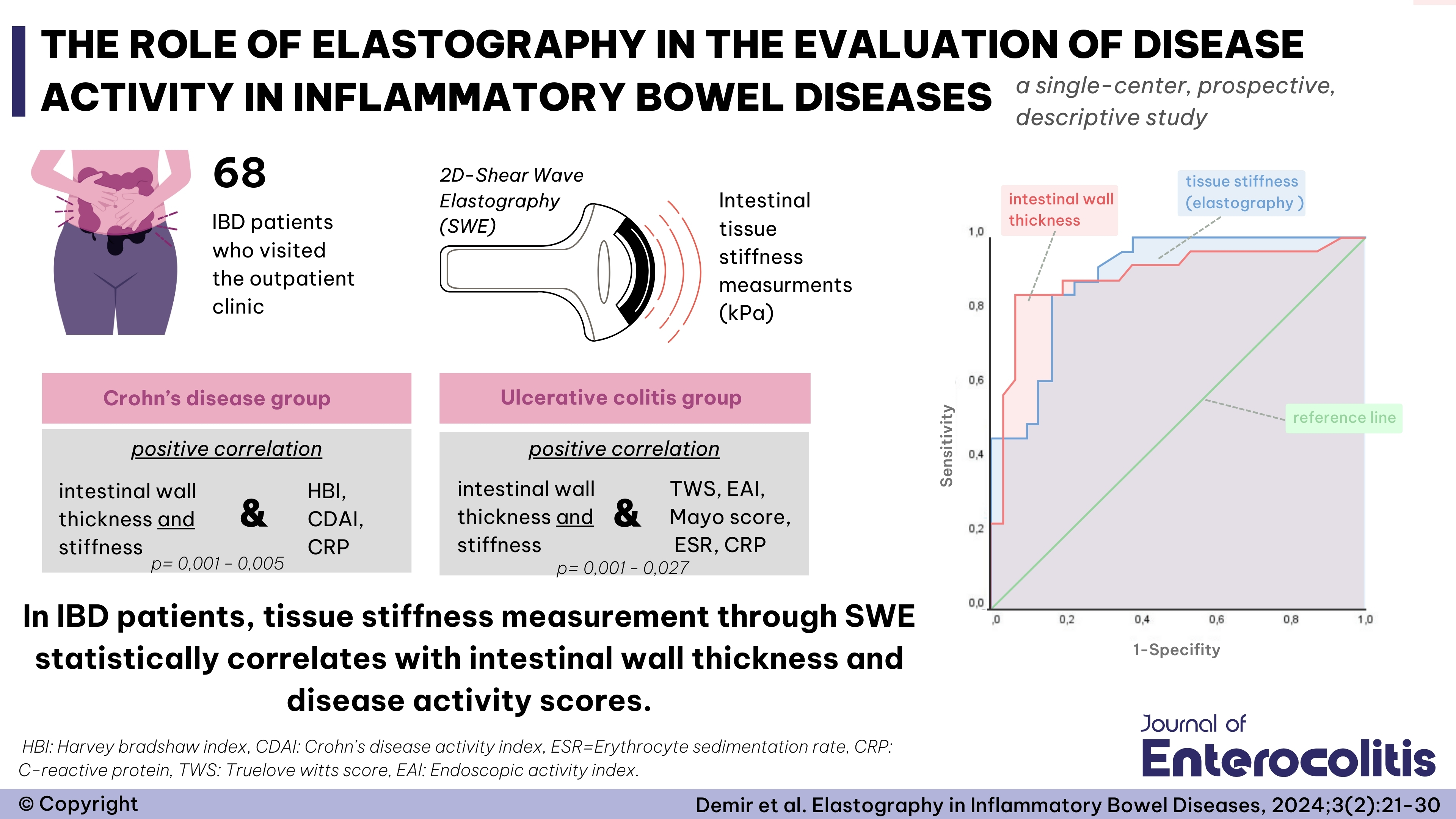
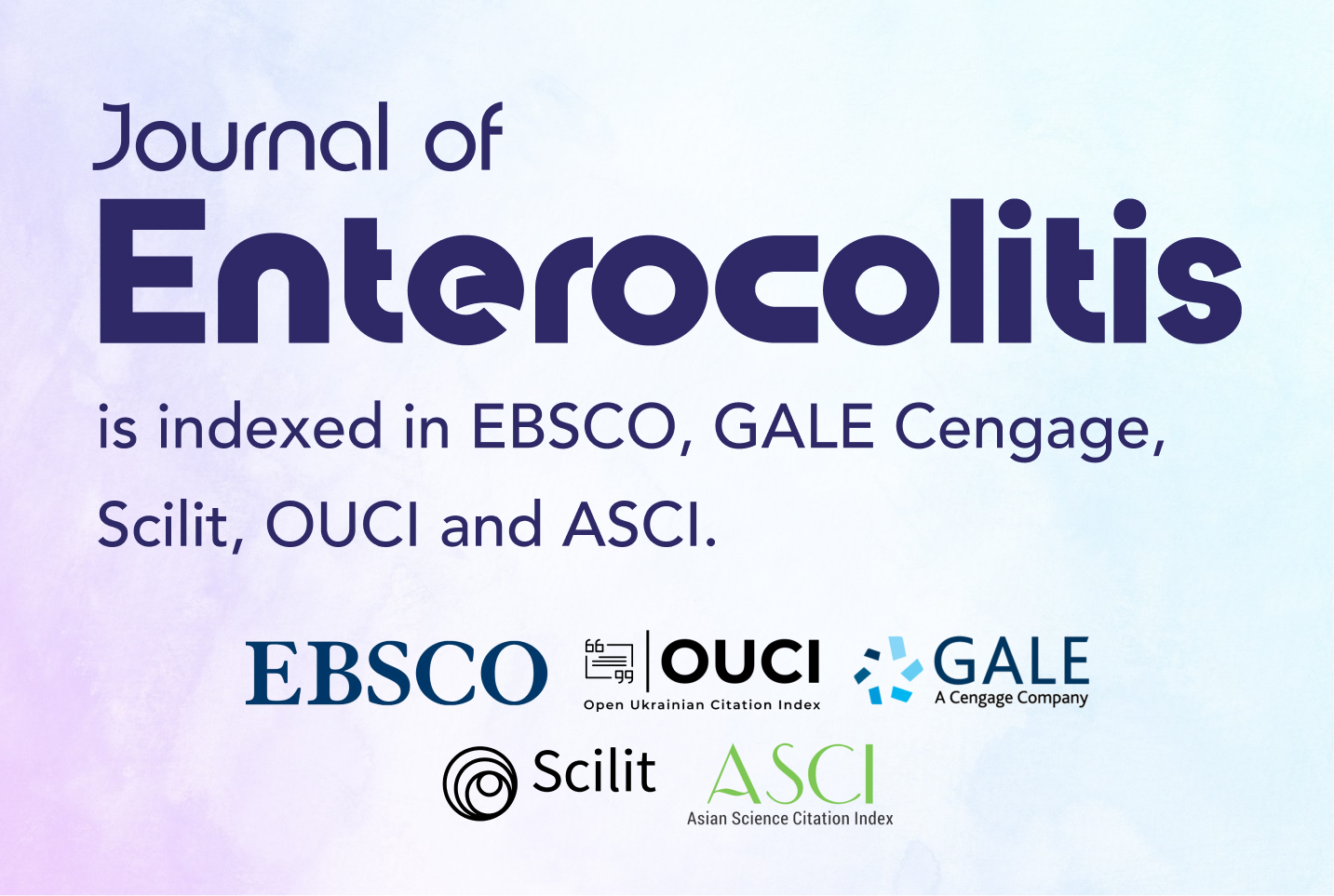
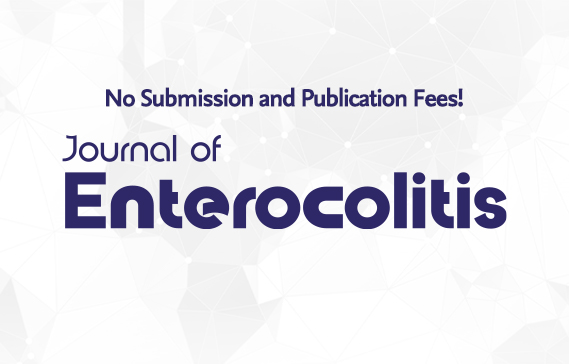
 Gizem Dağcı1
Gizem Dağcı1 






